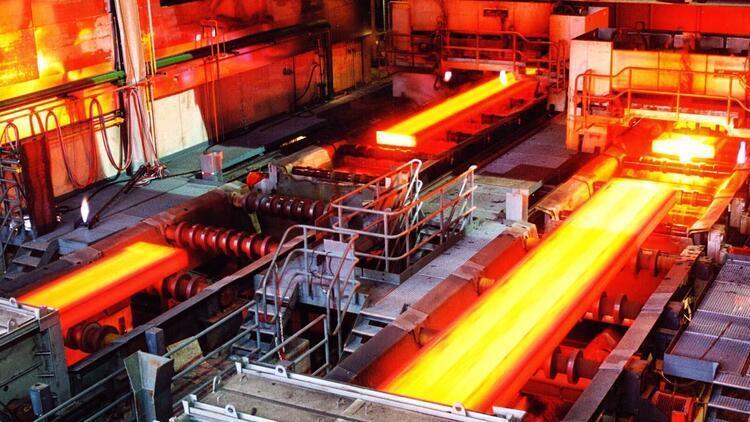
There are risks but new opportunities may arise for Türkiye’s steel industry, the head of a trading group has said, noting that the country is emerging as a reliable supplier in the energy-intensive sectors at a time when Europe is set to face challenges this winter.
“There will likely be production problems in Europe due to the energy crisis. We are expecting a significant increase in demand for the products of the iron and steel industry,” said Fuat Tosyali, president of the Mediterranean Ferrous and Non-Ferrous Metals Exporters’ Association (ADMİB).
Global raw materials supply problems have not yet been subdued and on top of that elevated energy and commodity prices resulting from the Russian-Ukrainian war have led to a decline both in production and supply, Tosyalı said.
Global demand for steel has been on the decline in the past three to four years, but the drop in demand for Turkish products is at a “reasonable” level compared with its competitors, he added.
“We are watching out for new opportunities which may arise.”
Europe is having problems with green transformation due to the energy crisis, but the Green Deal still sets ambitious targets, Tosyalı noted.
“We are taking early steps to comply with the changes the world is adopting for production processes. We want to reap the fruits of those steps in the period ahead. If we could properly manage the risks, which would emerge in 2023 and beyond, our steel industry could surpass its export targets,” he said.
The share of the iron and steel industries in Türkiye’s export revenues, which amounted to $188 billion in the January-September period, was 16.7 percent or more than $28 billion.
Ferrous and non-ferrous metals exports amounted to $11.1 billion in the first nine months of 2022, marking a 26.5 percent increase from the same period of 2021. In September alone, the industry’s exports exhibited an annual increase of 3.6 percent to $1.2 billion.
In line with the weaker global demand, exports by local steelmakers declined by 31.3 percent in September from a year ago to $1.8 billion, while steel exports rose 8.7 percent year-on-year in January-September to $17 billion.
In September, the largest export market for the ferrous and non-ferrous metals sector was Germany, which bought $235.5 million worth of goods from Turkish producers. Exports to Romania stood at $193 million, followed by Israel at $164 million.